Amazing Japan
Amazing Japan.
Was fortunate to see the Sakura - Cherry blossom tree bloom with flowers this month in Japan. It symbolizes beauty and hope of spring after a harsh winter.
My first visit to Tokyo Japan was in 2003, almost 21 years back. Must have been to Japan, half a dozen times in my APJ roles. Japan the country, and Japanese people, never cease to amaze me.
My first impression of Japan as a foreigner in 2003, still remains fresh in my memory. The electric trains, the busy and energetic crowd, the clean surroundings, a sense of calm amidst chaos, the deep culture behind modern city, somehow reminded me of my hometown Madras (now Chennai). I felt instantly at home, even though I could not understand the language. The energy of the city was different from more laid back cities of Bangalore, Muscat and Singapore where I lived. Tokyo with over 25 million population is perhaps the biggest urban cluster in the world.
In Tokyo I had seen many nice places. The Imperial palace, Tokyo tower, Yasakuni Shinto shrine, 7th century Asakusa Kannon Buddhist temple. Its a city filled with culture and modernity side by side.
I feel, The Shinkansen or the bullet train is a perfect metaphor for Japanese people. High speed, punctual, clean, energy efficient, silent, predictable, staying grounded.
Religion in daily life is made quite practical, you will see how these have influenced Japanese cultural concepts used in daily life later. Shintoism is the native religion of Japan and it teaches that everything in nature has a spirit or soul. It encourages people to live in harmony with nature and to show respect for the spirits that reside within it. Zen Buddhism is a form of Buddhism emphasizes meditation and mindfulness as a means of achieving inner peace. By practicing Zen, we can learn to quiet our minds and focus on the present moment. This can lead to a greater sense of clarity and inner calm. Someone jokingly said, the Japanese use, Shinto rituals at birth to celebrate and Buddhist rituals at death to reflect. Showing the practical sense of Japanese to seamlessly merge two religions without conflict. The Japanese also celebrate a few Hindu gods which came along with Buddhism. Statues of Benzaiten (Saraswati, education), Kangiten (Ganesh, good luck), and Bishamonten (Kubera, wealth) and are seen in few temples like the Daishō-in temple.
Remember the FIFA World Cup 2022 in Qatar, a section of Japanese fans brought out trash bags and cleaned the garbage strewn around the stadium galleries? A Win against Germany or loss against Costa Rica, it did not matter. The same thing happened in 2018 in Russia for WC Soccer. Why do they do it? What can we learn from them?
Japanese cultural concepts
I admire many things about the Japanese people and culture and all of us can learn from them
. Respect for Nature, environment
. Social responsibility (We before I)
. Pride in own culture
. Understated almost minimalistic.
. Resilience, almost stoic
. Respect for elders, ansectors
. Full of empathy and kindness
Perhaps it comes from a few Japanese cultural concepts, five of my favorites below.
• WABI-SABI: This is the idea of finding beauty in imperfection, impermanence, and simplicity.
• KINTSUGI: This is going a step further and celebrating imperfections. The practice of repairing broken pottery with gold, turning scars into something beautiful and unique.
• IKIGAI: Meaning "a reason for being," this concept encourages people to find purpose and joy in their daily lives.
• KAIZEN: Translated as "good change," kaizen is about continuous improvement and making small, positive changes over time.
• GAMAN: Meaning “endurance” or “perseverance.” It is often seen as a key virtue in Japanese culture, and is associated with stoicism, resilience, and determination. This is the only country which faced atom bomb and lives to tell the tale for rest of humanity
The Japanese community firmly believes that giving back to society will help it flourish. "We above I". Now you know why cleaning the trash in soccer stadiums is a way of giving back to the stadium that hosted them (non living) and to the players, who entertained them (living). A practical element of both Shintoism (both living and non living have a spirt energy) & Buddhism (of being mindful about self and others).
They gave the world haiku, manga, sushi, karate, pokemon all great cars and electronics. But the concept of giving back to society is the biggest thing in my view. If rest of world just learns this one thing from our Japanese brothers and sisters, we will be a better planet.
Had the good fortune of working closely with many Japanese employees as my managers, peers and employees in my team. All of them are good friends and we remain in touch.
Nash Narasimhan Tupil
March 2024, Tokyo
At Senoji temple
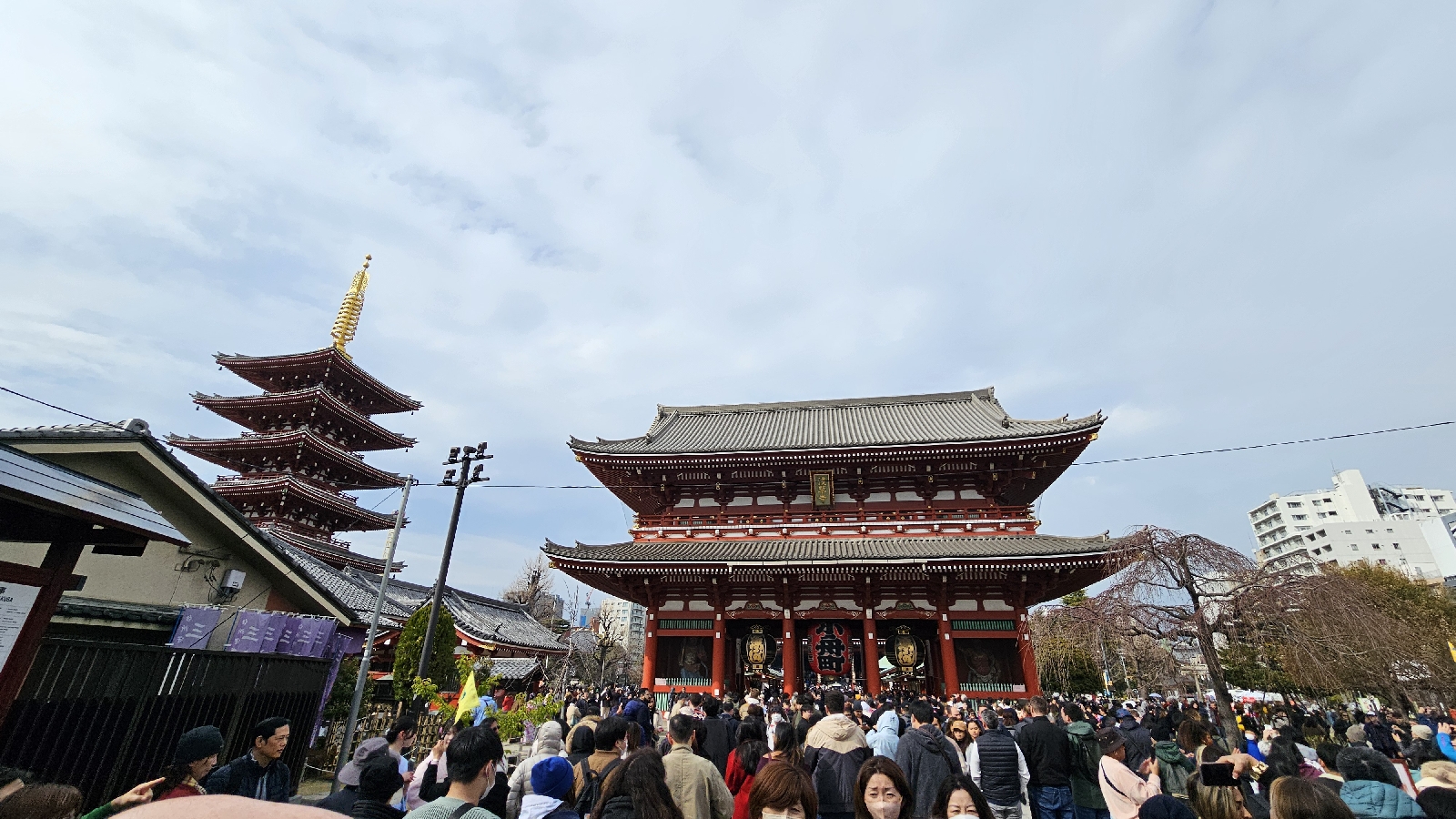
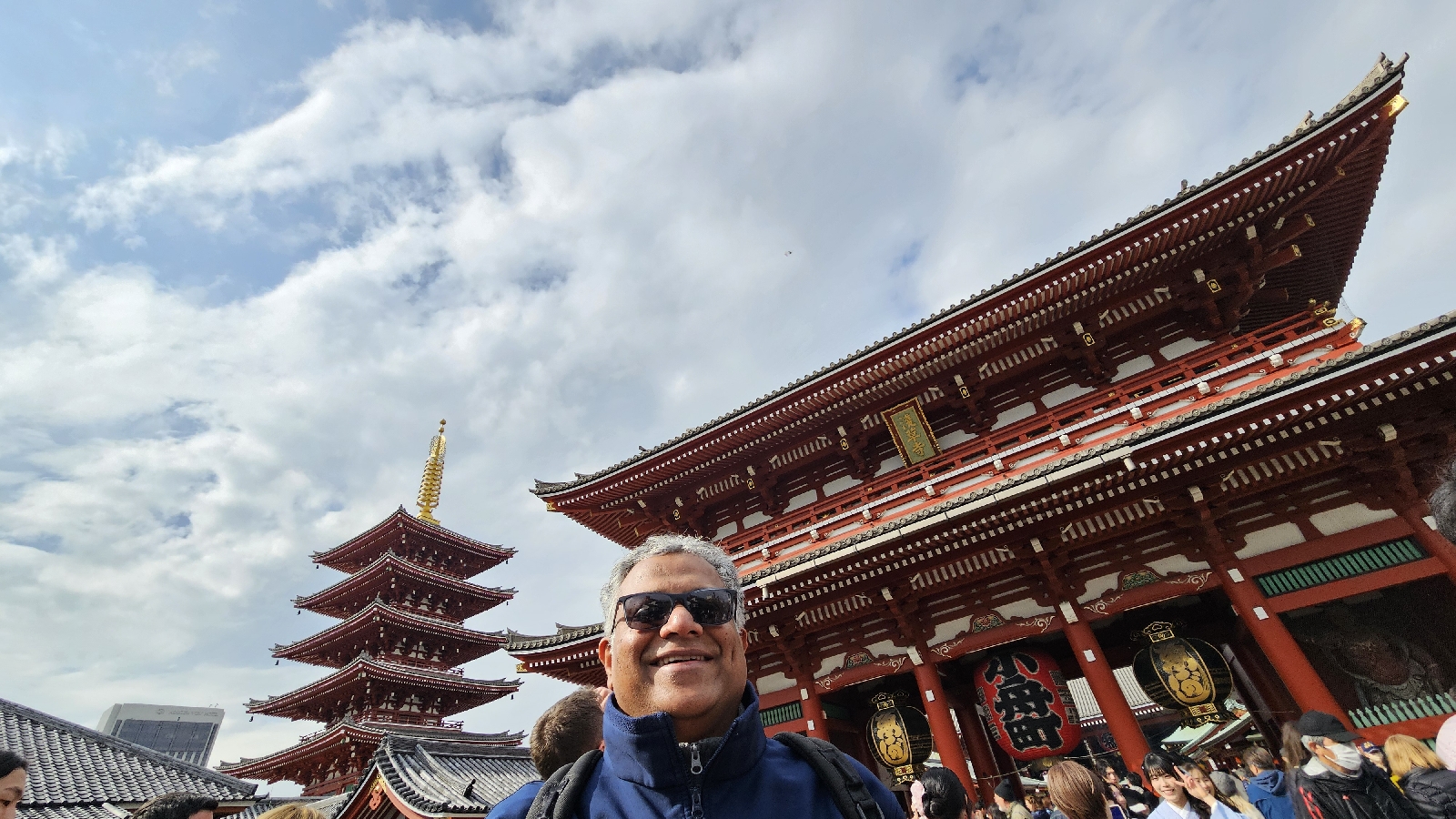






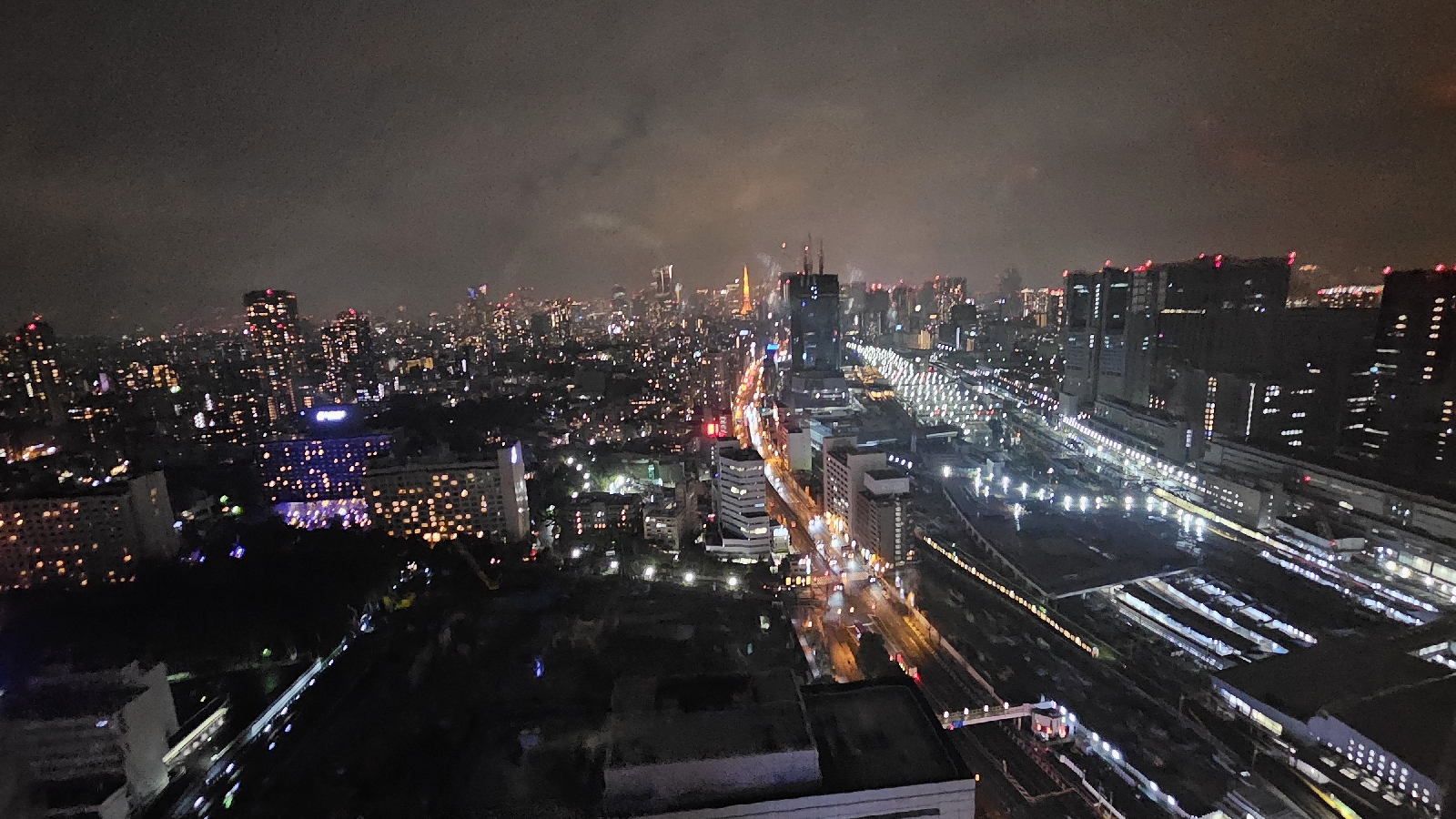
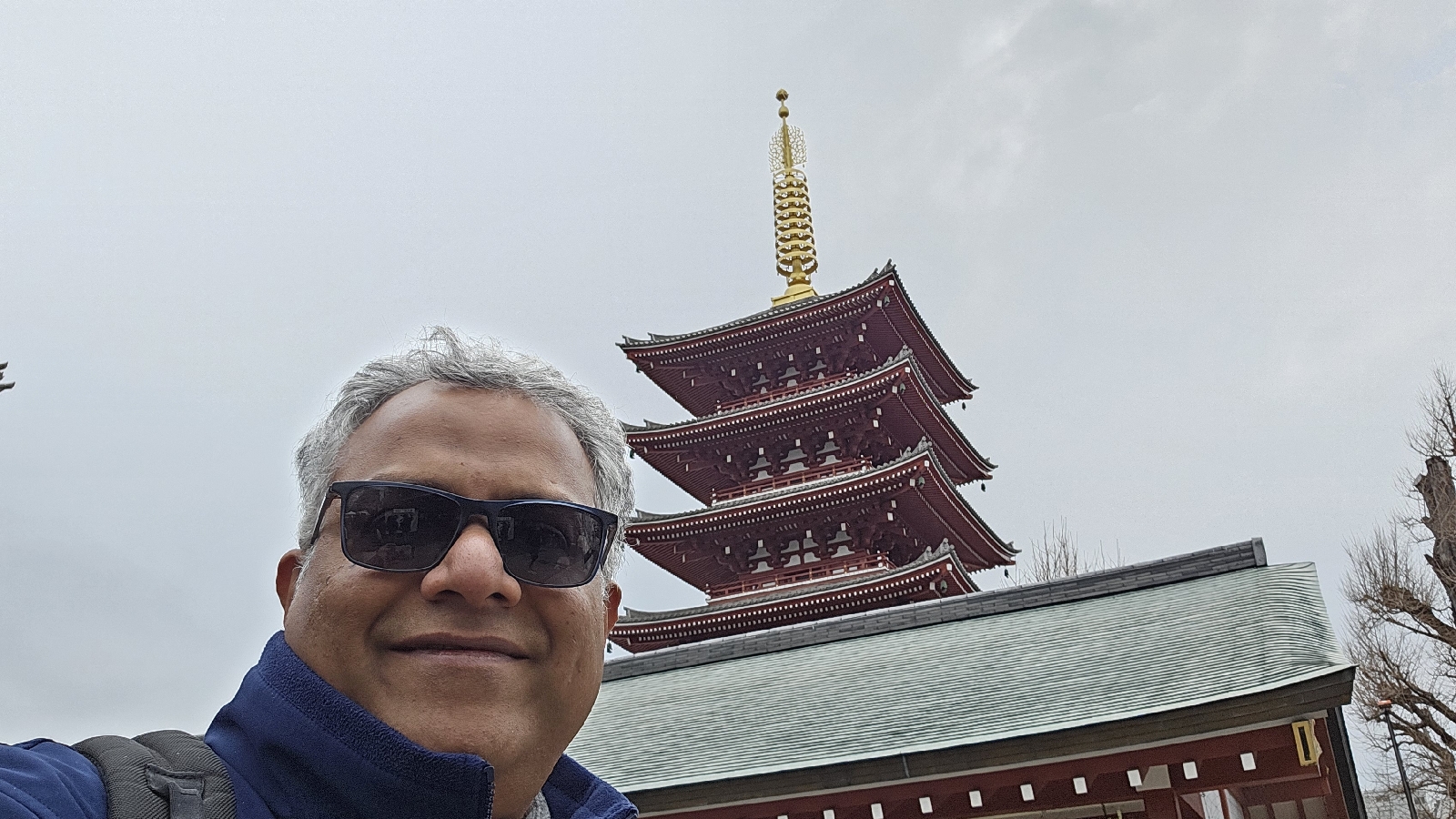


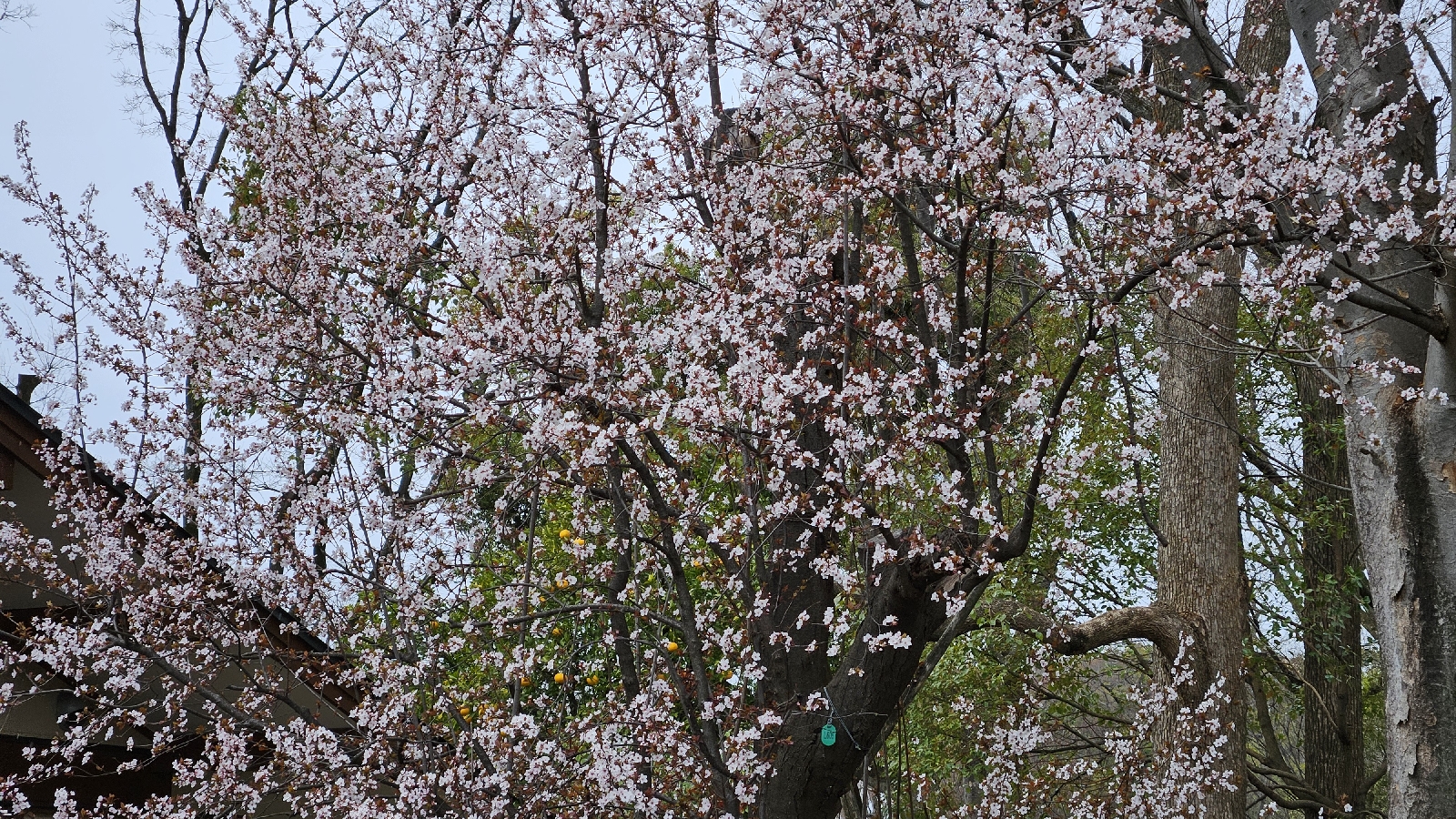



Comments
Post a Comment